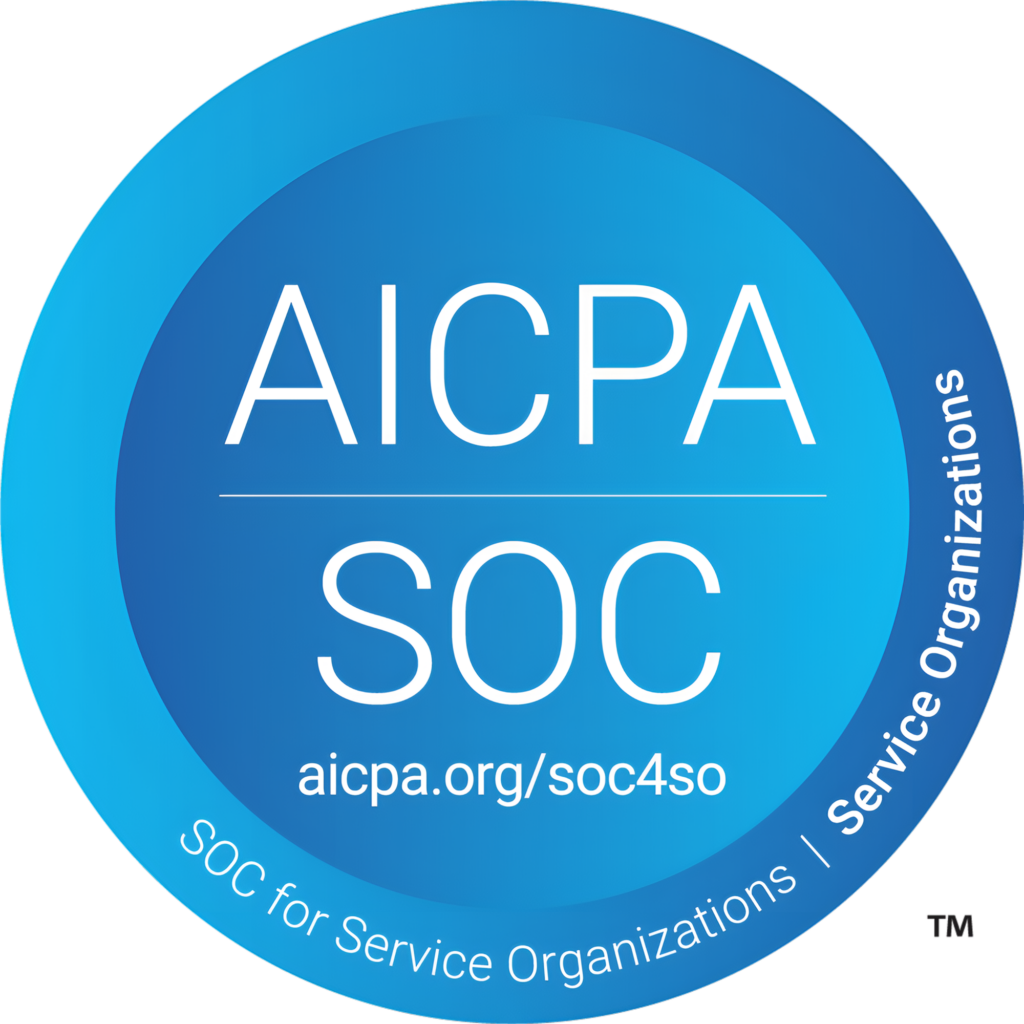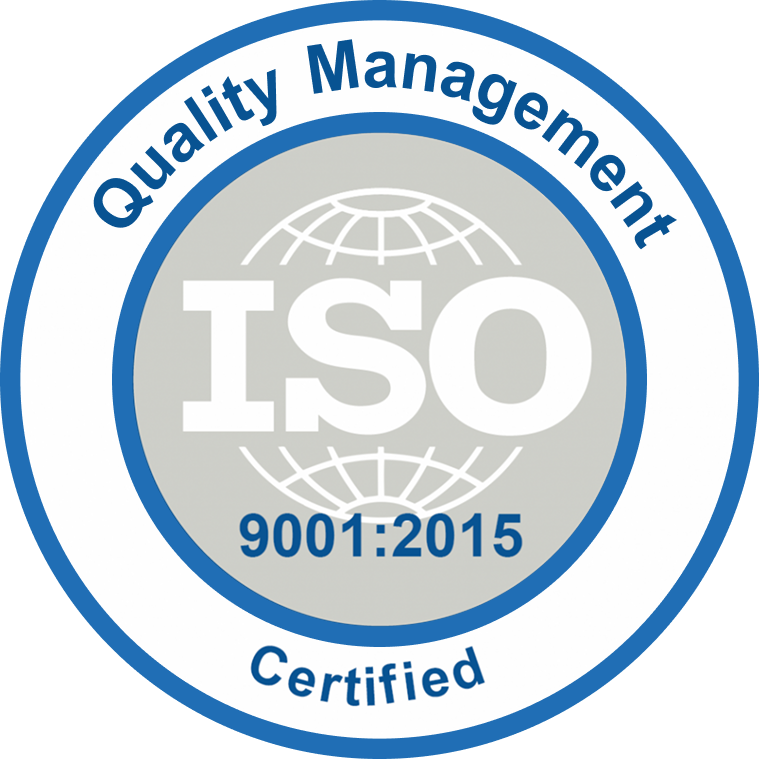The healthcare industry is undergoing a significant transformation, driven by advancements in technology and changing patient expectations. Despite progress, such as the rise of telemedicine and improved patient experiences, there is still substantial room for improvement. Microsoft’s Power Platform, particularly PowerApps, offers a promising solution for enhancing healthcare services through custom applications that address these challenges.
Continue Reading
Harnessing PowerApps for Healthcare Innovation
PowerApps, part of the Microsoft Power Platform, allows healthcare professionals to develop custom applications with minimal coding. This low-code platform is designed to streamline processes, improve patient interactions, and enhance operational efficiency. As the healthcare sector shifts towards value-based care and digital records, PowerApps provides a valuable tool for modernizing legacy systems and addressing the industry’s evolving needs.
Benefits of PowerApps in Healthcare
1. Personalized Patient Care: PowerApps enables the creation of self-service portals and clinical applications that enhance patient engagement. These custom applications allow patients to access their medical records, schedule appointments, and communicate with healthcare providers effortlessly. For small physician practices, automating appointment bookings and patient requests through PowerApps can significantly reduce wait times and improve service efficiency.
2. Accelerated Insights: The healthcare industry generates vast amounts of data, and extracting actionable insights can be challenging. Power BI, integrated with PowerApps, offers advanced analytics and machine learning capabilities to analyze data on resource utilization, patient readmission risks, and operational costs. This accelerates the process of gaining valuable insights and supports informed decision-making.
3. Enhanced Automation and Efficiency: PowerApps supports automation beyond basic document management. By implementing automated workflows and virtual assistants, healthcare providers can streamline processes such as patient check-ins and treatment planning. For example, virtual assistants can guide patients through preventive measures and symptom assessments, showcasing the practical applications of automation in healthcare.
PowerApps Use Cases in Healthcare
1. Emergency Response Solutions
- Mobile Apps for Frontline Staff: PowerApps can facilitate communication and coordination among frontline nurses and staff, addressing information gaps and enhancing collaboration. A custom app can provide real-time updates on patient conditions, available resources, and staff needs.
- Critical Medical Information Exchange: In emergency situations, timely sharing of critical medical information is crucial. PowerApps, combined with Power Automate, can digitize and streamline information exchange, reducing delays and improving patient care.
- Resource Tracking and Insights: Effective emergency care requires real-time information on medical supplies, equipment, and staffing. Power BI and PowerApps enable healthcare providers to monitor resource utilization and forecast future needs, ensuring preparedness and efficiency.
2. Day-to-Day Healthcare Operations
- Equipment Tracking: PowerApps simplifies the management of medical equipment and supplies, allowing healthcare practices to track inventory and plan for future demand. Custom applications can be developed quickly, offering accessibility across various devices.
- Referrals: Traditional referral methods, such as email or fax, can create information silos. PowerApps can streamline referral processes between specialties, reducing errors and delays in patient information transfer.
- Appointment Scheduling: A patient portal developed with PowerApps can provide comprehensive information and facilitate appointment scheduling, enhancing the overall patient experience and engagement.
- Virtual Symptom Checker: PowerApps can be used to develop virtual symptom checkers. These tools allow patients to assess symptoms before visiting a healthcare facility, reducing staff workload and improving patient triage.
3. Proactive Population Risk Management
- Patient Risk Analysis: PowerApps, integrated with AI, can analyze patient data to assess risks related to chronic conditions and general illnesses. This proactive approach enables better care planning and management.
- Vaccine Management: Managing vaccine records and administration can be complex. PowerApps offers a streamlined solution for tracking and managing vaccinations, ensuring efficient vaccination programs.
Conclusion
Custom PowerApps applications offer significant advantages for healthcare providers, from enhancing patient care and operational efficiency to improving data insights and risk management. By leveraging the capabilities of PowerApps, healthcare organizations can modernize their processes, streamline workflows, and deliver better care.
Our AVASOFT team of experts can help you harness the full potential of PowerApps to improve your healthcare services and achieve your goals. Contact us to explore how our solutions can support your healthcare transformation.

